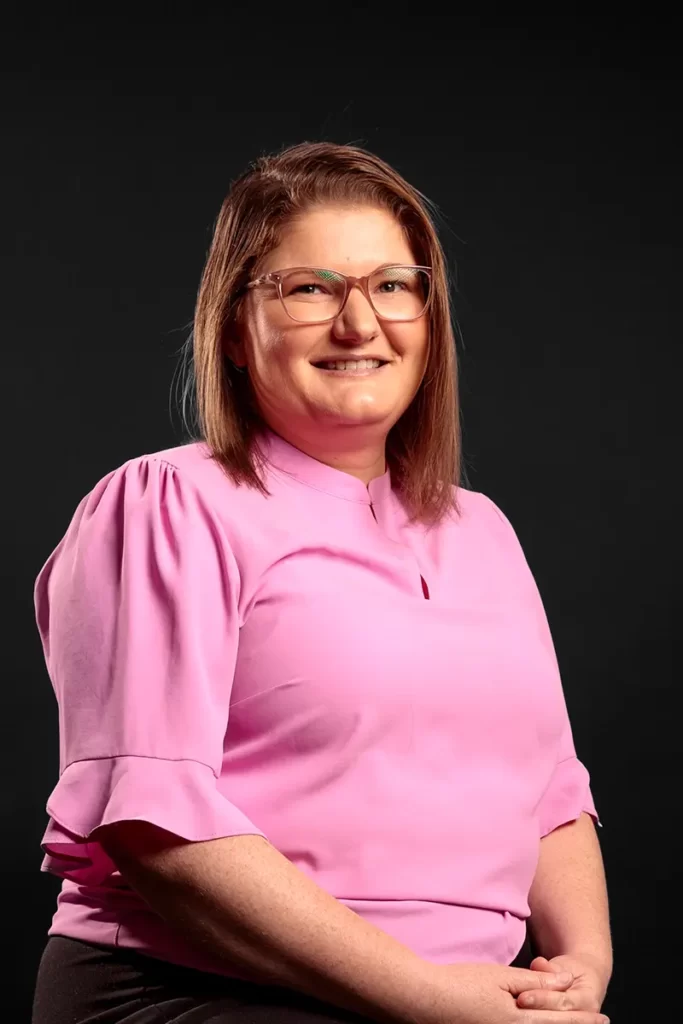If a client has suffered injury or ill health, their first port of call will often be to ask for advice about making a Total and Permanent Disability (TPD) claim. A TPD insurance product may be attached to your client’s Superannuation policy or be owned directly by your client from an insurance company. Your client may ask you to make a TPD claim on their behalf.
There are many legal pitfalls for you to consider before making a claim. This blog will look at the complex legal area of TPD ‘definitions’. An experienced legal team will be able to strategically pre-empt any legal issues surrounding TPD definitions, for your and your client’s best chance at a successful claim.
RELATED: Why Accountants and Insurance Brokers Must Never Give Advice on TPD Claims
What are TPD definitions?
TPD is insurance that pays out a lump sum to a client if that client is defined as having become total and permanently disabled or is unable to work again. This status is ‘qualified’ by the client’s insurer, who has their own ‘definition’ of TPD. How TPD is defined in you client’s policy will directly affect their chance of receiving a benefit. If a claim incorrectly identifies a definition, the claim will be rejected.
TPD ‘definitions’ include:
- Any Occupation
This pays a lump sum if your client is permanently disabled and unable to work in their own occupation or any occupation to which they are suited by education, training or experience.
- Own Occupation
This pays a lump sum if your client has become permanently disabled and is unable to work in their own occupation. This is the most expensive form of TPD insurance because the terms are very specific, and a payout is more likely.
- Activities of Daily Living
If your client has been unemployed in the lead up to their disablement; has been employed casually or has reached maximum age, in addition to not being able to return to work, the insurer may also impose the “activities of daily living” definition. If an ADL definition applies, these types of claims can be extremely difficult.
‘Activities of Daily Living’ can mean:
(i) bathing – bathing and showering;
(ii) dressing – dressing and undressing;
(iii) feeding – eating and drinking;
(iv) mobility – mobility, to the extent of being able to get in and out of bed or a chair, and move from place to place without using a wheelchair;
(v) toileting – the ability to use a toilet.
Legal advice is highly advised for this definition as it is the hardest form of TPD insurance to claim on.
How is TPD defined inside a super policy?
Superannuation policies use an ‘any occupation’ definition of TPD, in accordance with the Superannuation Industry Supervision Act. A claim will only be paid if a client suffers a health issue which prevents them from engaging in employment which they’re qualified for by education, training or experience. Some super funds will have other conditions specified for their TPD claim which only an experienced TPD expert can assist with.
Why is it important to understand TPD definitions?
Varied definitions between insurers are the number one reason for claim disputes. The definition may look simple however hidden elsewhere in the policy may be a minimum working hour requirement or age limitation.
TPD Definitions: Case on point
FACTS: Attwood Marshall Lawyers recently assisted a TPD claimant with a policy where our client was 59 at the original date of injury, returned to light duties and then fully ceased employment after he turned 60.
POLICY DEFINITION: The definition in our client’s policy stipulated that upon reaching 60 years of age their definition changed to an ‘Activities of Daily Living’ definition, and they must be able to prove they are totally and irreversibly unable to perform, without the assistance of another adult person or suitable aids, at least two of the Activities of Daily Living to claim TPD benefits.
LEGAL ACTION: Proving this definition was extremely difficult. Attwood Marshall Lawyers experienced legal team will argue that the definition at the time of the injury (when the client was 59) is applicable.
How can Attwood Marshall Lawyers help?
TPD definitions is but one complex area of law relevant to when making a TPD claim. Some TPD policies will require your client to receive ongoing advice of a specialist, or rehabilitation. Other policies will have special exclusions for pre-existing medical conditions. Insurance companies and superannuation trustees can sometimes be difficult to deal with if you are not familiar with the process.
The myriad of other legal issues to be considered when making a TPD claim can be tended to by an experienced compensation law team with links to experienced TPD medical professionals. Attwood Marshall Lawyers have a dedicated TPD team who work purely on superannuation and disability insurance claims. We are ready to help you and your client make a TPD claim today.
Got a legal question? Contact Amy Lewis on her direct line: 07 5506 8252 or Mobile: 0400 440 309.
More articles by Amy:

